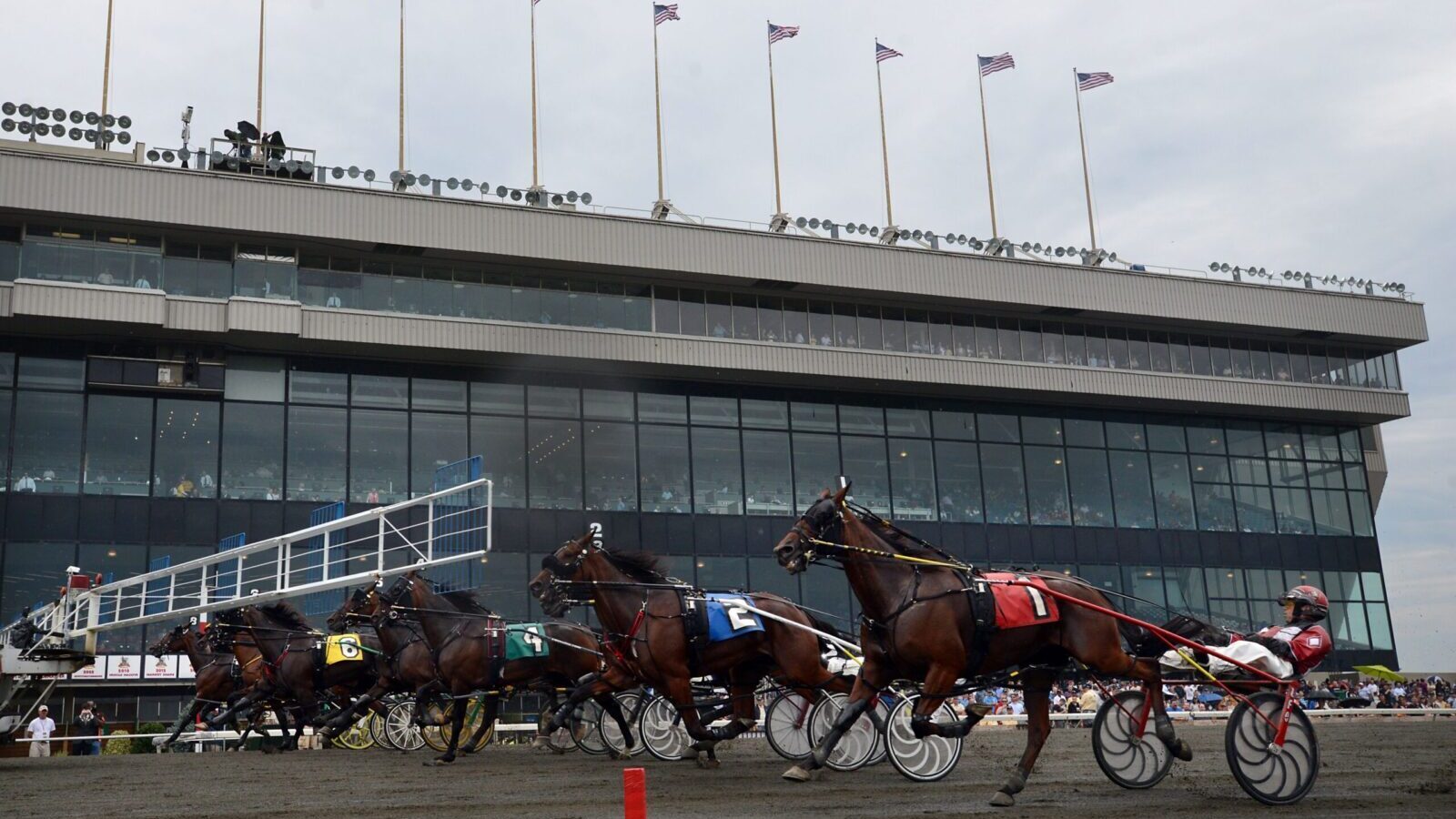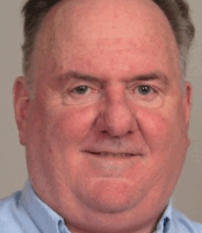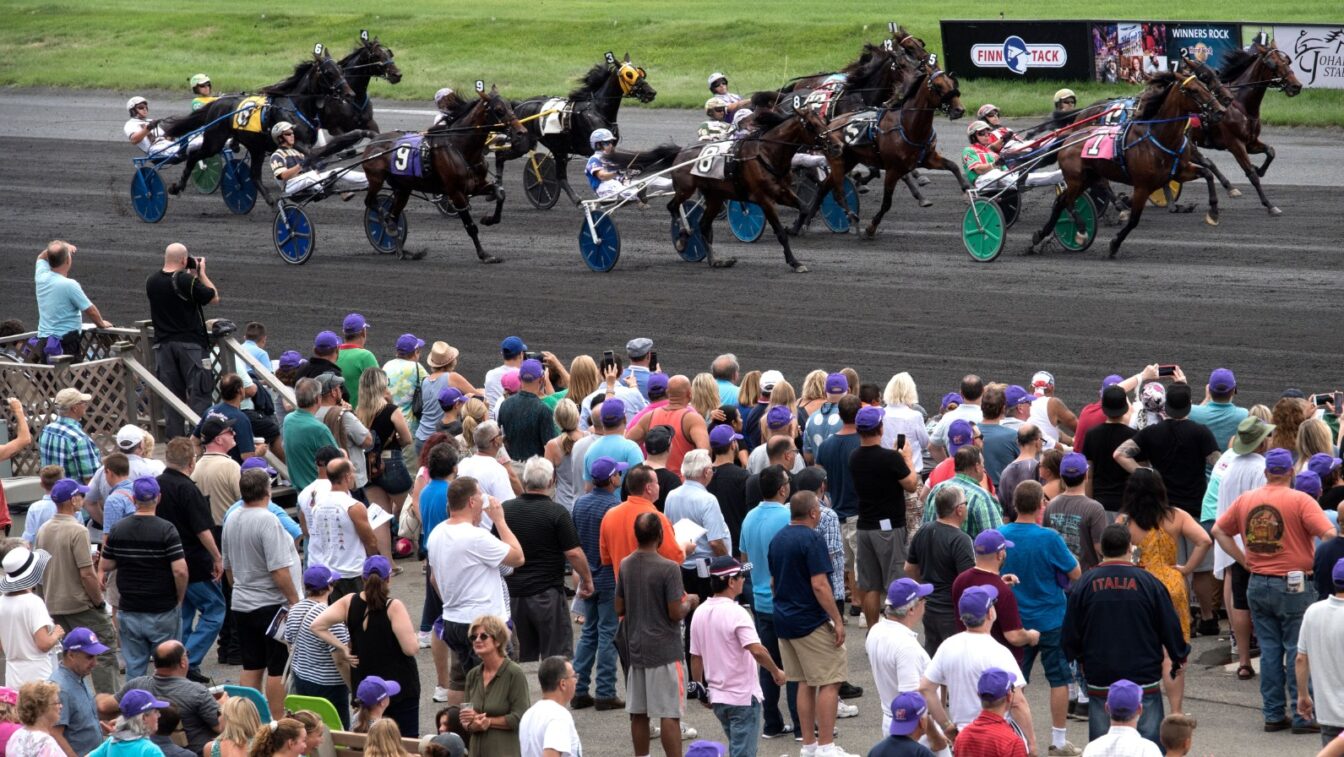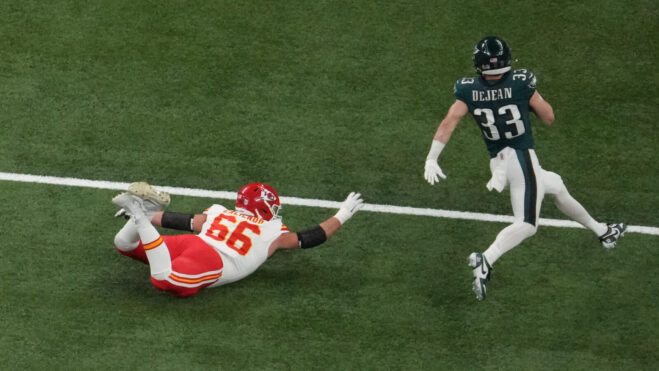What Will It Take For New Jersey Racetracks To Get The Go-Ahead To Add Casinos?
It appears compromise will be key, and the bill is bound to change from its current form
6 min

A New Jersey bill that is designed to allow the construction of casinos at the Meadowlands Racetrack and Monmouth Park was introduced this month by two Democrat state senators, Paul Sarlo and Vin Gopal.
But the language of the proposal could change greatly between now and the targeted statewide referendum that could be on the ballot in November 2026.
“This bill is designed to allow us to start the conversation,” said Monmouth Park racetrack operator Dennis Drazin.
New York state gaming regulators are planning to approve up to three casinos in the greater New York City area by the end of this calendar year. The New Jersey ballot question is intended for the following November, after the election of a new governor this year to replace term-limited Gov. Phil Murphy.
The degree of impact on New Jersey could vary greatly depending on which of the bids are chosen. Bids in Queens — one to be located adjacent to the New York Mets’ Citi Field and another as an upgrade for Aqueduct Raceway from “racino” to casino — for example, would not necessarily drain a massive amount of discretionary spending by New Jersey residents to the neighboring state.
But Sarlo said that other bids are more of a challenge.
“This [bill] plants a flag to send a message to New York state that if they open a casino in Manhattan, that New Jersey is ready to respond to the competition,” Sarlo said.
A previous such bid failed in Jersey
The constitutional amendment proposed by Sarlo and Gopal evokes echoes of 2016, when a similar question was asked of state voters — and they rejected it by a 3-to-1 margin.
But that referendum vaguely asked whether to approve two casino licenses in the northern half of the state, each to be at least 72 miles north of Atlantic City. While the expectation among insiders was that the licenses would be awarded for the Meadowlands and a proposed high-end private casino adjacent to Liberty National Golf Club in Jersey City, the ambivalence of the question is believed to have led to fears among voters that a casino virtually in their neighborhoods — however remote the chances — was too risky of an idea to accept.
Two former lawmakers who once were at the forefront of gambling expansion efforts in the state said that there undoubtedly will have to be compromises before the racetrack casino push can move forward.
Ex-Assemblyman Ralph Caputo, who spent the majority of his career as an Atlantic City casino executive in between stints in the legislature, said that because Atlantic City is primarily a weekend destination, one such example could be to have a Meadowlands casino be open only on weekdays.
“The status quo is not working, so we have to end all this provincial thinking — it’s true what they say, ‘Adapt or perish,’” Caputo said of the decline in Atlantic City brick-and-mortar casino revenue while online casino gaming in the state continues to achieve double-digit annual revenue gains.
Caputo, 84 — who as a young lawmaker in the early 1970s pushed for a casino to be built in Newark — also said that the six-year-old American Dream Meadowlands entertainment and retail complex would make for an ideal complement to a casino next door. The nearby MetLife Stadium also is host to a number of soccer matches and concerts annually in addition to New York Giants and Jets NFL games, while the Meadowlands Racetrack is considered the premier harness racing track in the world.
Ex-state Sen. Ray Lesniak, meanwhile, said that creating a consortium of Atlantic City casino operators to run the racetrack casinos could bring those operators to the bargaining table. He also said that including Monmouth Park in the language of the ballot question “might be perceived as too big a threat” to Atlantic City’s economy, making it more difficult to sell to statewide voters than just adding a casino at the Meadowlands.
Additional compromises to consider
Drazin said that while Gural is determined to have a full-fledged casino at the Meadowlands, one possible compromise — if necessary — would be to feature only slot machines at his Monmouth County site. Yonkers Raceway and Aqueduct are called “racinos” because they currently follow that model of offering slot machine play but not traditional table games.
Gural — who personally spent $5 million on the ill-fated 2016 casino effort — remains convinced that a question regarding opening a casino at his track in East Rutherford would be approved. Historically, voters are much more inclined to accept an expansion of gambling at a site like a racetrack than they are to endorse an introduction of gambling elsewhere for the first time. In fact, the Yonkers and Aqueduct bids for New York casino licenses have been met with strong approval from local elected officials and residents who likely see the development as a potent job creator in their area.
The bill introduced by Sarlo and Gopal would direct that 45% of racetrack casino revenue be dedicated to funding a reduction in property taxes while 20% goes to special education aid. The rest would be directed toward funding the state pension system and cost-of-living adjustments for retired state employees, supporting Atlantic City tourism, and supplements for horse racing purses.
News of the bill was gratifying to Gural, who in mid-April told an audience at the East Coast Gaming Conference in Atlantic City that Hard Rock CEO Jim Allen — who was to have been Gural’s business partner in the failed 2016 casino effort — “seems to be the only one thinking about” the potential threat to Atlantic City from New York’s gambling plans.
Gural added that his polling has shown that the only way to pass a new casino referendum is to propose a site only located in the Meadowlands Sports Complex. He also said that about 80% of New Jerseyans he polled were not even aware of the impending approval of New York City-area casino licenses, which he sees as a good reason to wait to push for the referendum until next year, after both the state governor’s race and the announcement of which sites gain the casino approvals across the Hudson River.
“We’re in a good spot, to be honest, as long as we don’t screw it up,” Gural said of his goal of a Meadowlands casino.
The dismal failure of the 2016 casino ballot question, Caputo said, was due to what he called “a horrible campaign” backing the measure.
He added that he is enthused that the concept of additional casinos in the state has been revived, but cautioned that a serious marketing effort would be necessary for the ballot question to succeed. The Genting Group, which owns a Catskills casino that draws some North Jersey gamblers to the site, spent a documented $6 million on a “Trenton’s Bad Bet” campaign that painted the ballot question as just another example of state politicians trying to pass a harmful proposal.
“We’ve learned a lot from the debacle that we had in 2016, including that we have to pick specific sites,” said Bill Pascrell III, a nationally prominent New Jersey-based gaming lobbyist.
Pascrell joined in Lesniak’s notion that offering Atlantic City casino operators a slice of the new revenue could improve the chances of a referendum being held.
“But it’s one thing to get a ballot question approved; it’s another to make sure that we build a campaign that can overcome the fact that New York will weigh in again to oppose this,” Pascrell said.
Fading Manhattan’s chances
Gural is among a number of insiders who have expressed skepticism that any Manhattan proposal will gain the necessary approvals.
That challenge of gaining support for a casino in Manhattan has been underscored by the recent withdrawal of a pair of bidders. A plan for a high-end boutique casino proposed for the top three floors of Saks Fifth Avenue has been scrapped, as has an effort by Wynn Resorts to build a $12 billion casino project at Hudson Yards. Las Vegas Sands, meanwhile, has dropped its bid for a $4 billion casino at the former site of Nassau Coliseum on Long Island.
The rules of the New York casino approval process mandate that no project, no matter how large, will be approved without the support of local residents.
The timeline by the New York Gaming Facility Location Board directs Community Advisory Committees at each proposed casino site to begin reviewing formal applications on June 27, with all environmental regulatory requirements to be completed by the time the committees vote by a deadline of Sept. 30.
Successful applicants must submit to the board a proposed tax rate — potentially a crucial element in the bidding — by Dec. 1, with a Dec. 31 target for announcement of the winners. Each contending bid would have to offer at least a one-time $500 million license fee to the state for the right to open its casino doors.
A $4 billion Caesars Palace bid in Times Square and a plan for a casino just north of the Javits Center still remain in the picture in Manhattan, as does a “Freedom Plaza” casino and residential project along the East River. Coney Island in Brooklyn, Ferry Point in The Bronx, and the aforementioned Metropolitan Park in Queens are other sites of current proposals, along with the Yonkers and Aqueduct horse racing locations.
Some companies that operate casinos in Atlantic City are involved in trying to add a New York City facility as well: Hard Rock (Citi Field); Caesars Entertainment (Times Square); and Bally’s (The Bronx).
The Casino Association of New Jersey, which includes all of Atlantic City’s casinos as members, has not yet weighed in on the merits of the proposed ballot question for an additional New Jersey casino or two.
Gural said that if Hard Rock gains a New York license, he would need to find another partner if he subsequently was approved for his own Meadowlands casino.






